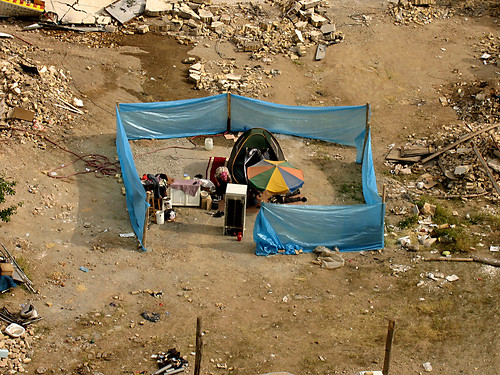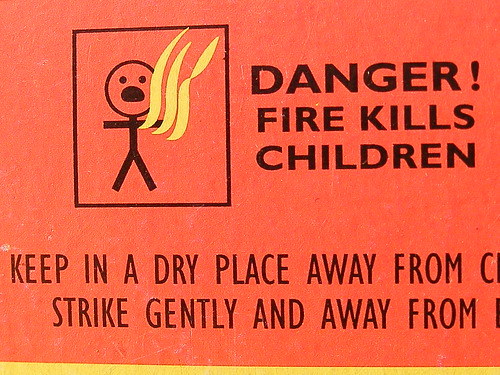
A few weeks ago I wrote about my concerns about health professionals using free public social media platforms such as Facebook and Twitter to interact with patients. Concerns about Facebook and privacy are widespread, and we are beginning to appreciate how public information about us online can be used to build up a profile telling much more than we might think.
danah boyd in some excellent research on young people and Facebook privacy, challenges the idea that they just don't care. They do. She also states, citing Goffman, that "managing social situations and navigating impression management require understanding one’s audience."
This was one of my concerns with health professionals encouraging the use of public channels by patients/clients. How can we be sure that those who participate understand their audience? How much responsibility do we have to make sure that they know these interactions are in public?
But it isn't just health professionals who are using Facebook as a platform. Patient organisations often also have Facebook fan pages too. Diabetes UK has one and it is popular! There are currently 16, 593 fans as I post but there will surely be more by the time you read this. There is much interaction. People are leaving messages on other's wall posts asking that they are added as friends so that they can talk about diabetes. Others are posting their results and getting positive feedback. There are some wall posts saying to avoid the wall posts of some fans who are claiming 'miracle cures'. All of this is public. I can click on any fan's picture and find out more about them. Very few seem to have their privacy settings as closed as mine, I am sharing even less since I wrote this post.
So would I encourage patients to join the Diabetes UK Facebook page to get support for their condition? Should I join myself and start giving advice to patients who are posting there? The info page for the Fan site makes no mention of the public nature of any discourse there. I guess it presumes that everyone knows, but is that sufficient? I then had a look at the Diabetes UK website. There is a private place to network on the Diabetes UK site, but it is open to members only. To be fair to Diabetes UK, anyone wishing to join is able to decide themselves how much they can afford to may for membership (of which access to this private network is one benefit). The suggested membership is £24/year but other amounts are possible. The payment does have to be made by debit/credit card or direct debit, and as I work in a deprived area I can see the payment method alone being a barrier to some of my patients. I'm not sure how closely membership of Diabetes UK, reflects the socio-economic distribution of people living with diabetes.
(24/8/10 EDIT: Diabetes UK also support another forum which is free to anyone, http://www.diabetessupport.co.uk/index.htm. Although this is a public/open forum it is not linked to a Facebook profile with the risks associated with that. In the guidanceI can not see any discussion of the public nature of the site or advice to consider disclosure of personally identifying information.)
I'm on record as being concerned about the impact of the digital divide on health, but once the disadvantaged get online they will increasingly face other hurdles. The end of the free web and the rise of paid-for apps is predicted in a much discussed Wired article. Are we already seeing examples of this in health?
A comment on my blog suggested that privacy is a concern of 40-something Guardian readers, not young people. We know that this is not true. I haven't seen the research, but I'll hazard a guess that poor people value their privacy too. However, they might not be able to afford it.
What do you think?
IMAGE: Horizon "Defining Minimum Privacy".
EDIT: 24/8/2010 6.30pm I've just noticed that Diabetes UK have added the following information to their info page:
"Please remember that this is a public page where posts can be seen by anyone who likes this page. Also anyone will also be able to see your personal profile unless you have changed your privacy settings accordingly. For more inforamtion about privacy and staying safe on Facebook, visit:
http://www.facebook.com/privacy/explanation.php"
